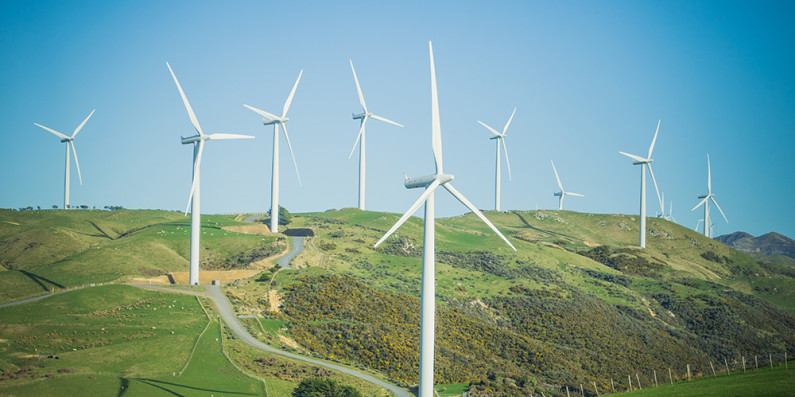Allows updates to settings that were resulting in over-allocation of emissions units to emitters
The Climate Change Response (Late Penalties and Industrial Allocation) Amendment Bill (the Bill) allows updates to settings that were resulting in over-allocation of emissions units to emitters.
Introduces a 5–10 year review and update window for allocative baselines
The Bill also introduces a 5–10-year review and update window for allocative baselines. Allocative baselines are the rates at which an activity receives an allocation for the products it manufactures. Each allocative baseline represents the emissions per unit of product made (eg, an allocative baseline of 1.5 means that there are 1.5 tonnes of CO2-e associated with every 1 tonne of product made).
Retains eligibility thresholds
In a change from the previous iteration of the Bill, the Government will retain the current thresholds used to test whether an industry or activity should be eligible for industrial allocation.
This change addresses concerns that updating the eligibility thresholds using a recent carbon price would make it easier for some businesses to receive industrial allocation.
The Bill now maintains the same eligibility for receiving free credits. It also introduces additional criteria for new activities to become eligible for free allocation.
The Government will soon notify businesses that are eligible for industrial allocation about collecting their emissions data. This data will enable allocative baselines to be updated in 2024.
Makes changes to late penalty payments
The Bill also makes changes to penalties for late payments by small forestry participants. Small foresters are classified as forestry participants that are required to surrender fewer than 25,000 emissions units on average per year.
The revised penalty will take effect from 1 January 2025. This will allow sufficient time to provide guidance to participants on how the penalty will work in practice.
